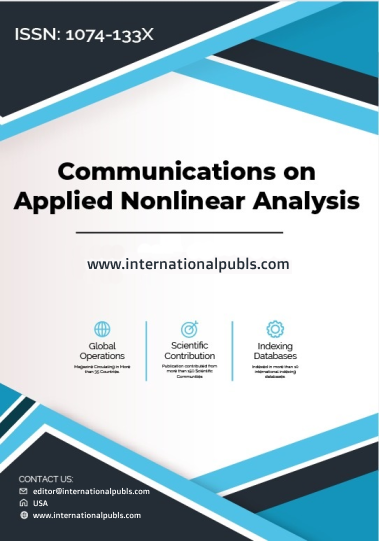Applied Nonlinear Analysis of Machine Learning Models for Education Streams: A Mathematical and Statistical Perspective
Main Article Content
Abstract
The application of nonlinear analysis in machine learning (ML) has emerged as a significant approach to understanding and enhancing educational systems. This research explores the integration of nonlinear mathematical and statistical models in various education streams to identify patterns, trends, and opportunities for improvement. By leveraging ML algorithms such as neural networks, decision trees, and support vector machines, the study examines complex relationships and dynamics that linear models often fail to capture. Key areas of focus include predicting student performance, optimizing curriculum design, and identifying at-risk students. The study also investigates the role of advanced statistical techniques such as regression analysis, chaos theory, and fractals in interpreting large-scale educational data. The findings highlight how nonlinear techniques can address challenges in data heterogeneity, noise, and multidimensionality, thereby enhancing decision-making processes in educational management. This paper aims to provide a robust framework for implementing nonlinear ML techniques, offering actionable insights for educators, administrators, and policymakers.
